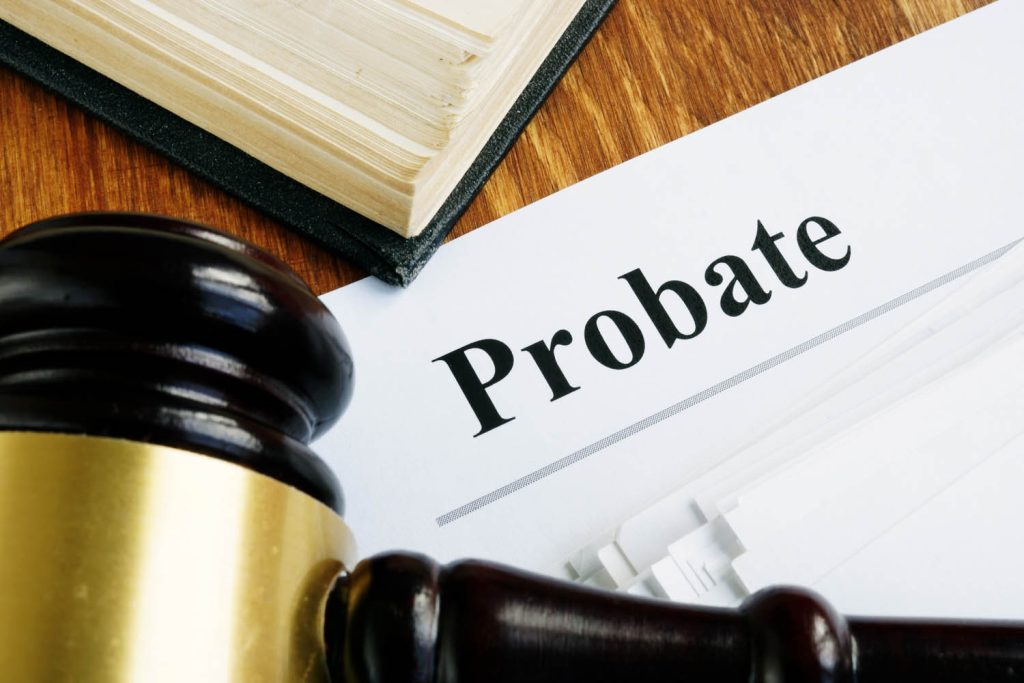One way to transfer property in Texas is by creating a Texas Life Estate. In a Life Estate, one individual, the “life tenant,” enters into an agreement allowing a second person, known as the “remainderman,” to gain possession of their property after death.
Life estates in Texas have numerous beneficial properties, but they also come with rights and duties with which each party must comply.
Who is a Remainderman?
When a life tenant decides to create a life estate in which to store their owned property, they must name a remainderman. Typically, this is some child, grandchild, or another individual that the life tenant would consider a beneficiary. However, unlike willing the property to a beneficiary, where property exchange takes place after your passing, the remainderman owns the property in some fashion while you are alive.
A remainderman has no say regarding the property while the life tenant is still living, though they have an interest in the property.
What’s the Difference Between a Remainderman and a Beneficiary?
A beneficiary can inherit through a will or other means of legal transfer. Anyone receiving property from another upon death is a beneficiary.
A remainderman is purely the terminology used when a remainder interest in a property is inherited by an individual who was the heir to a life tenant’s life estate in Texas.
What Rights and Duties Do Remaindermen Have in Texas?
A remainderman, while not responsible for paying taxes or premiums associated with the property or its insurances, also has no rights to the property until the life tenant’s death.
As a remainderman, you must pay the mortgage principal for the property each month and all property taxes, mortgage interest, and insurance premiums after the life tenant dies. You cannot convey your interest in the property to another person while the life tenant is still alive without the express consent of the life tenant.
Suppose the remainderman feels like the life tenant is purposefully driving down the value of their property or attempting to sell the property. In that case, the remainderman has the right to bring legal action against the life tenant.
Who Can Further Help Me Understand the Position of Remainderman or the Creation of a Life Estate?
We strive to speak with our clients, address their questions, and walk them through their unique situations as clearly, kindly, and concisely as possible. If you are considering, or have been brought into, a Life Estate situation and would like further assistance with your rights as the life tenant or remainder man, call 817-285-2855 today to schedule an initial consultation with one of our experienced team.





 304 Harwood Rd
304 Harwood Rd anita@akcfamilylaw.com
anita@akcfamilylaw.com 817-854-1651
817-854-1651



